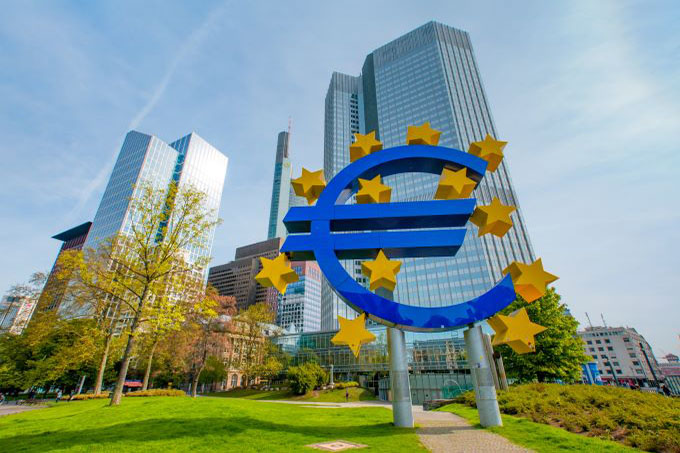The following are the most recent pieces of Forex fundamental analysis from around the world. The Forex fundamental analysis below covers the various currencies on the market and the most recent events, announcements, and global developments that affect the Forex market.
Most Recent
Last week proved to be yet another difficult period for traders as we saw continued high volatility in the markets, often going directly against the fundamental analysis; making trading from trends a difficult task. Get the full recap here.
The putative accord between 26 EU states for tighter fiscal control and financial harmonisation came at the end of the trading week and has not yet been fully absorbed by the markets.
The EU leaders’ summit is still continuing, but the slim chance that all 27 EU nations would agree to Franco-German proposals aimed at fostering tighter fiscal union has gone. What now?
Top Forex Brokers
The Summit meeting of EU leaders which is underway in Brussels today has been billed as “make or break” for the Euro in many quarters of the press. It is clearly a critical meeting and if common ground can be found and a credible plan agreed, it could go a long way to moving us out of the dark forest of financial uncertainty that we find ourselves in.
It has often been said that, in economic terms, when America sneezes, Europe catches a cold. However, in an ever more interconnected world, a crisis in any major trading block will have repercussions throughout the trading world.
Traders need to recognize when the markets are waiting for something, and this is one of those times.
Australia was the only major economy not to fall into recession during the worst of the global financial crisis. It was also one of the first economies to restore interest levels on central bank rates to anything approaching normality; all of the central banks dropped interest rates to historically low values in order to spur recovery during the crisis and a good many remain at, or near these levels now.
The announcement that the S&P ratings agency was switching 15 EU countries to “credit watch negative” on Monday rocked the markets towards the end of the US session, and sent the EUR/USD pair lower after originally rising during the session.
The leaders of France and Germany have called for treaty reforms to ensure that a future Eurozone crisis can be prevented; better late than never. They hope that the revised treaty could be in place by March 2012 which is lightening fast by EU standards.
Bonuses & Promotions
The news that leading central banks would act in concert to improve financial sector access to Dollars and boost liquidity, buoyed the markets last week. News that France and Germany were proposing a tighter fiscal union within the Eurozone and that the ECB was prepared to act more aggressively to support the Euro also helped to bolster confidence.
The Euro has been doing a very fair impression of a yoyo in recent months. The downswings happen whenever markets react badly to news on the national level, pushing government bond yields higher and the Euro lower. In the absence of news, speculators gradually push the currency higher.
The basic thing about banks (commercial banks) is that they make money by taking in deposits and offering loans. The interest on savings is always a good bit less than the interest payable on a loan, so banking is a profitable business.
Subscribe
Sign up to get the latest market updates and free signals directly to your inbox.The central banks of Switzerland, Canada, Japan, the United States, England, and the Euro Zone have all stepped into the markets by lowering swap rates for Dollars on Wednesday.
America has just celebrated its Thanksgiving holiday and that is traditionally seen (in commercial terms at any rate) as the start of the festive season. Every year, may consumers spend more than they can afford at this time of year (even in the good times) and since domestic expenditure accounts for roughly 70% of American GDP, it is always a critical time for retail businesses.
While the entire world frets about the European debt crisis, it makes sense that most traders are focusing solely on the EUR/USD currency pair. The headlines come out and push this pair up and down in violent movements that can make for sudden profits.




